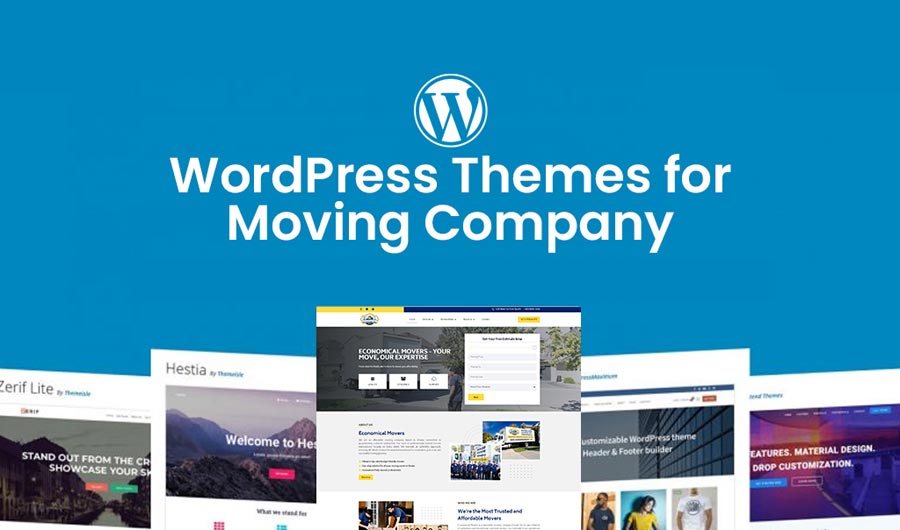
Essential QA Testing for Web Development and Marketing: Learning QA Automation Techniques
Let’s dive into the exciting world of quality assurance (QA) and explore the quality assurance career pathway that’s taking the tech industry by storm! If you’re a manual tester looking to level up your game or just curious about where the QA field is headed, you’re in for a treat. We will unpack the journey from manual testing to automation, and trust me, it’s a ride worth taking.
The QA Landscape: Not Your Grandpa’s Bug Hunt Anymore
Do you remember when quality assurance (QA) primarily involved navigating through an app to identify its flaws? While that approach hasn’t completely disappeared, the environment has certainly changed! The career path in quality assurance has advanced quicker than a software update on patch day. In our current technology-driven environment, where applications and websites are increasingly sophisticated, the significance of QA has heightened.
We are no longer merely testers looking for bugs; we are now protectors of user experience, advocates for efficiency, and, more frequently, coding experts in our own right.
However, the revolutionary element here is automation, becoming a key player in reshaping the QA career path in ways we could hardly have envisioned a decade ago. We have transitioned from using a magnifying glass to employing a sophisticated Swiss Army knife.
The role of automation in contemporary QA practices is crucial. It goes beyond a trendy extra; it is increasingly becoming the foundation of maintaining software quality.

Why Make the Leap to Automation? Your Career Will Thank You!
You may be asking yourself, “Why should I consider automation? I am managing fine with manual testing.” Allow me to illustrate how shifting to automated testing could enhance your career.
To begin, let’s discuss career advancement. The growth trajectory for QA professionals adopting automation resembles a rocket ship, whereas manual testing is like riding a bicycle. While manual testing skills remain important, imagine the benefits of incorporating automation into your skill set. It’s similar to adding a jet pack to your career.
Picture executing hundreds of tests in the same amount of time to conduct one manually. That is the level of efficiency we are addressing. This expertise is invaluable when software releases occur at lightning speed. Companies are eager to find QA professionals to maintain this pace; automation is the key ingredient.
However, speed is not the only factor to consider. By adopting automation, you are adapting to the industry’s needs. The technology sector is increasingly focusing on continuous integration and continuous deployment (CI/CD), and automated testing plays an essential role in this process. You are not merely testing but becoming a fundamental part of the development workflow.
We should also consider the quality of software. With automation, you can identify bugs more quickly, conduct more comprehensive testing, and help facilitate faster release cycles. It is similar to possessing a superpower that enables you to monitor multiple areas simultaneously, tirelessly scrutinizing every aspect of an application.
Gearing Up: The Swiss Army Knife of QA Skills
Alright, so you’re sold on the idea of automation. But what skills do you need to make this transition? Think of it as assembling your very own QA superhero utility belt. Here’s what you’ll want to pack:
- Programming Languages: Start with Python or Java. They’re like the English of the programming world – widely used and versatile.
- Automation Frameworks: Get cozy with Selenium, Cypress, or Appium. These are your power tools for web and mobile testing.
- Version Control: Git is your new best friend. It’s like a time machine for your code.
- CI/CD Tools: Jenkins or GitLab CI will be your sidekicks in continuous integration.
- API Testing: Tools like Postman or RestAssured are essential for ensuring your app’s backbone is strong.
- Test Management: You’ll need a way to keep track of all these automated tests.
Now, don’t freak out! You don’t need to master all of these overnight. It’s a journey, and every skill you pick up makes you more valuable.
Charting Your Course: A Roadmap to Automation Awesomeness
How can you transition from a manual clicker to an automation enthusiast? Let’s outline a strategic plan:
First, evaluate your current skills thoroughly. Where do you see deficiencies? You might excel at identifying bugs but need more coding experience. That’s perfectly fine! Recognizing these deficiencies is the initial step in your journey as a QA engineer.
Next, develop a learning strategy. This will be your guide towards achieving automation success. Start with the basics—perhaps learn some introductory Python or Java. After that, proceed to a straightforward automation framework such as Selenium.
Now comes the exciting part: begin automating! Start with manageable projects. Automate a routine task you perform daily. It’s similar to mastering walking before running; in this instance, you’re learning to automate before taking on more complex, enterprise-level projects.
Don’t hesitate to use your current position. Discuss automating some of your manual testing processes with your manager. This benefits both parties: you gain hands-on experience, and your team achieves improved testing efficiency.
Besides, consider contributing to open-source projects. This not only provides valuable practice but also enhances your resume. Speaking of resumes, begin compiling a portfolio displaying your automation projects. Think of it as your QA emphasize reel.
Finally, network and seek a mentor. The QA community is populated with remarkable individuals who have successfully made this transition, and their advice can be extremely useful as you carve your own path.
Learning Resources: Your Toolkit for Transformation
So, where can you acquire all this exciting knowledge? The internet offers a wealth of resources! Websites such as Udemy, Coursera, and Pluralsight provide courses covering topics ranging from fundamental programming to advanced automation methods.
If you are interested in certifications, consider the ISTQB or AWS Certified Developer programs. These certifications can enhance your professional credentials.
Be aware of books and official documentation. Although they may seem outdated, they are frequently among the most detailed resources available.
Numerous QA podcasts and YouTube channels are available for those who enjoy a more engaging learning style. These can feel like having a mentor in the field of QA at your fingertips.
If you prefer a structured learning environment, think about participating in bootcamps or workshops. They can provide valuable hands-on experience and motivation.
Finally, consider joining QA communities and forums. This can be a great support network as you navigate your career transition!
Overcoming the Bumps: It’s Not Always Smooth Sailing
Let’s be honest for a moment. This transition can be relatively easy. You will encounter challenges, but that is all part of the journey!
Time management can be quite difficult. You are balancing learning with your full-time job. It’s similar to trying to eat a sandwich while riding a bike – possible, but it requires practice.
Next, there’s the concern of imposter syndrome. You may feel like a fraud at first, especially when experienced developers are nearby. Keep in mind that everyone has to start somewhere. Even the automation experts were once beginners.
Adjusting to new methodologies such as Agile or DevOps may feel like learning a foreign language. It involves more than technology; it requires a new mindset regarding software development.
Let us not forget the challenge of managing both manual and automation tasks. It’s similar to being a plate spinner in a circus—thrilling, but it takes time to master.
The Future’s Bright: Career Outlook for Automation Testers
So, what opportunities does a career in QA offer? I can assure you the outlook is promising!
The skills you will gain are in great demand. Companies are eager to find QA professionals who effectively balance manual and automated testing.
In terms of salary, you can expect a rewarding package. Automation testers typically earn more than those focused solely on manual testing. It’s like receiving a major increase in your earnings.
Regarding career advancement, the possibilities are vast. You may advance to a Senior Automation Tester responsible for directing comprehensive testing strategies. Alternatively, you could progress to a Test Architect tasked with creating the testing infrastructure for entire companies.
Switching to a DevOps Engineer position is a common path for those who develop a passion for coding. Besides, QA Managers with automation expertise are highly sought after in the industry.

Wrapping It Up: Your Automation Adventure Awaits
As we conclude our exploration of QA automation, keep this in mind: transitioning from manual to automated testing is more than a career change – it’s an exciting journey in technology, problem-solving, and lifelong learning.
The quality assurance career pathway is changing, with automation leading the way. By accepting this transformation, you are future-proofing your career and establishing yourself as a critical contributor in the constantly developing software development field.
So, are you prepared to take the leap? Keep in automated testing is ready for you, filled with its challenges, opportunities, and the potential for a thrilling career. Begin with small steps, maintain your curiosity, and soon you will be automating alongside the best. Your future in QA begins now – get out there and code your way to success!






